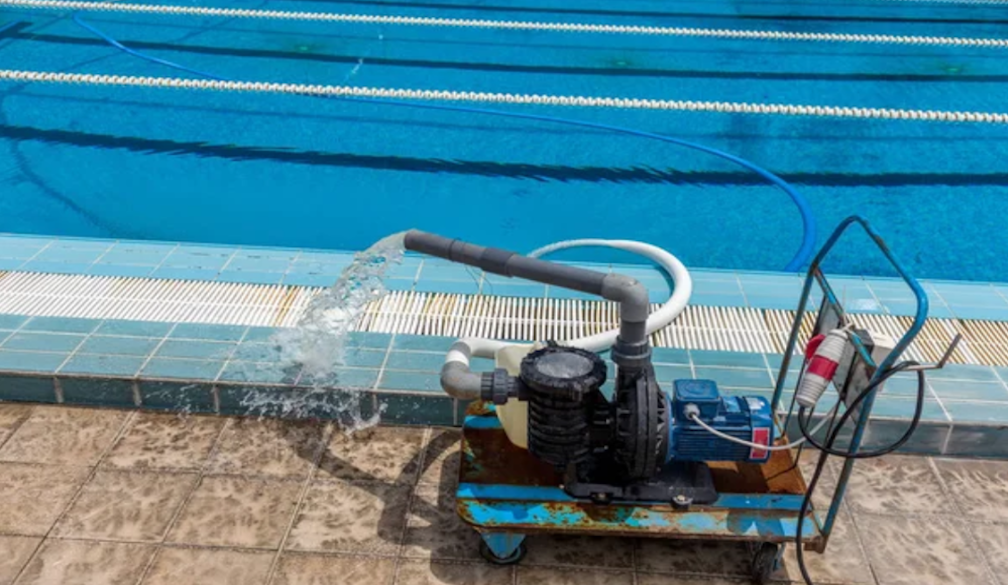Why we need to review how we test for teacher quality
- Written by Melissa Barnes, Lecturer in the Faculty of Education, Monash University
With Australia falling further in the latest Programme for International Student Assessment (PISA) rankings, new debates have emerged about why and who is to blame. Some have made links between the quality of teachers and student outcomes in the rankings.
In response to calls for teacher education reform, the government introduced the Literacy and Numeracy Test for Initial Teacher Education (LANTITE) in 2016. It requires teacher education students to reach a certain level of literacy and numeracy before graduating.
Read more: What the review of teacher education should be asking
The LANTITE is said to be modelled on the year nine NAPLAN exam. The Australian Council for Education Research (ACER), a not-for-profit organisation, developed and administer the test.
The test is being implemented differently from university to university and there is currently no evidence to suggest this test will ensure Australian schools have high-quality teachers with strong literacy and numeracy skills.
With a world education expert calling the NAPLAN writing test “bizzare” and “testing all the wrong things”, it’s timely to also discuss the LANTITE’s purpose and effectiveness as a measure of teacher quality.
Teacher tests for quality
The LANTITE, as a policy initiative, suggests that focusing on student selection into teacher education programs is the first step towards ensuring teacher quality. In contrast, others have argued that the problem is not with the selection of students, but with recruitment into the teaching profession.
In other words, there needs to be a focus on making teaching more attractive as a profession in order to attract high-quality students (such as more opportunities for development, career advancement, and higher wages) as opposed to using gate-keeping tests in the hope this will identify suitable teacher candidates.
This is particularly important given a report from the Australian Council for Education Research estimates 10-20% of students who graduate with an education degree never enter the profession.
Read more: Teachers are leaving the profession – here's how to make them stay
The LANTITE is currently the only federally-funded national initiative of its type. However, it’s just one of several new gate-keeping measures that have been introduced by universities in the last two to three years.
In each case, the implementation of these screening processes has been left to individual universities. This allows universities to determine when students sit the test, as long as they pass it before graduation.
 It’s up to each university when they administer the test.
Shutterstock
It’s up to each university when they administer the test.
Shutterstock
A review of entry criteria across Australian universities indicates no courses currently require students to have passed LANTITE as a condition for admission. Instead, enrolment is typically conditional and tied to a mid-course milestone, such as having passed, or demonstrating you’re taking steps to pass, the test within your first year at university.
In NSW, the teacher accreditation authority has mandated students have to successfully completed the test prior to their final practicum in a school.
Who pays for it?
Although universities require students to sit the test as a condition to graduate, they do not receive any of the revenue raised from the test. Currently, each attempt costs A$185, with each component (literacy/numeracy) being A$92.50. While usually paid for by the teaching student, some course providers, such as the University of Queensland, cover these fees.
With such fees, it can be assumed that the LANTITE is at the very least cost-neutral to operate. However, with 20,000 students graduating from teacher education annually, it has the potential to generate up to A$3.7 million in revenue each year for ACER.
There is an assumption that ACER will reinvest any surplus into further test research and development. However, the decision of how this money is spent is neither in the hands of those who pay for the test (in most cases, students) or those working in teacher education (universities).
Doubts about relevance
In addition to the concerns surrounding who pays for this policy, its relevance has also been called into question. The LANTITE is pitched at a year nine level of literacy and numeracy yet students have three chances to pass. They may have more attempts, if provided with a letter of support from their teacher education course provider.
So it’s not surprising almost 95% of applicants pass LANTITE. With multiple opportunities to re-sit the test and an onslaught of commercially produced books, tutoring and courses available, students have a stronger chance of passing the test. With such a high pass rate, some have questioned whether the whole process is ultimately pointless.
Read more: Focusing on tests and invalid assessments is the wrong way to measure teacher quality
In a bid for quality assurance in schools, the LANTITE suggests universities are incapable of producing teachers with year nine literacy and numeracy skills without the help of a gate-keeper like LANTITE. As a result, education students who are entering into a profession with poor salaries are being asked to pay for a test most can pass.
Those advocating for LANTITE claim it provides an effective way to select and attract high-quality candidates to teacher education and into the profession. However, the relevance of the LANTITE needs to be further interrogated. Especially when the cost of this exam is placed primarily on the shoulders of those we’re attempting to recruit into teaching without any clear cost-benefit in return.
Authors: Melissa Barnes, Lecturer in the Faculty of Education, Monash University
Read more http://theconversation.com/why-we-need-to-review-how-we-test-for-teacher-quality-95074



















